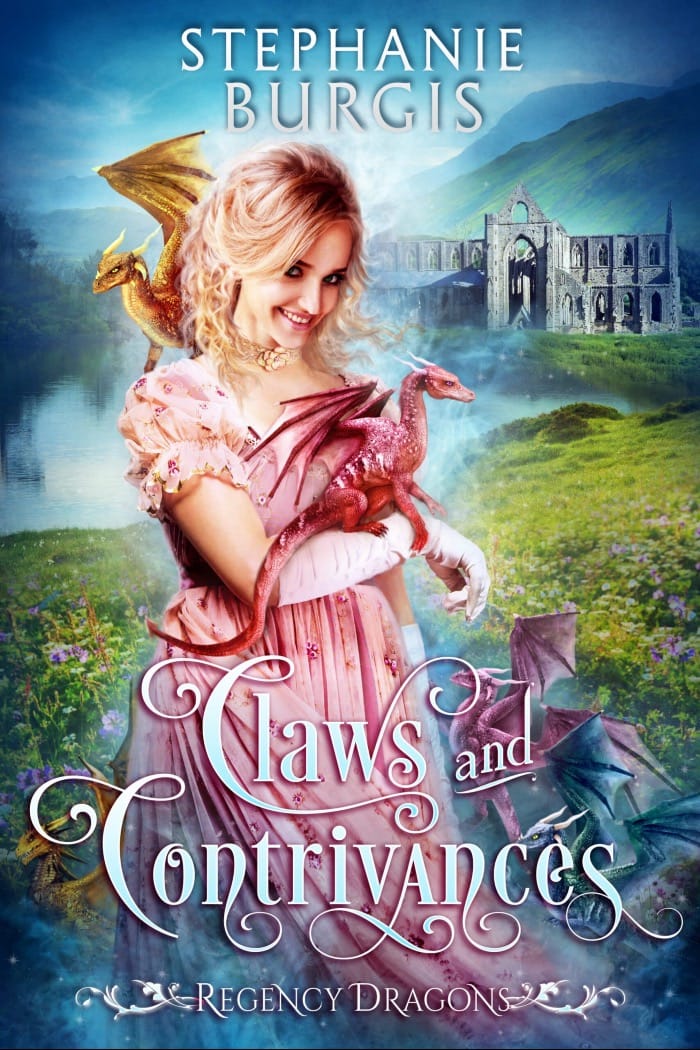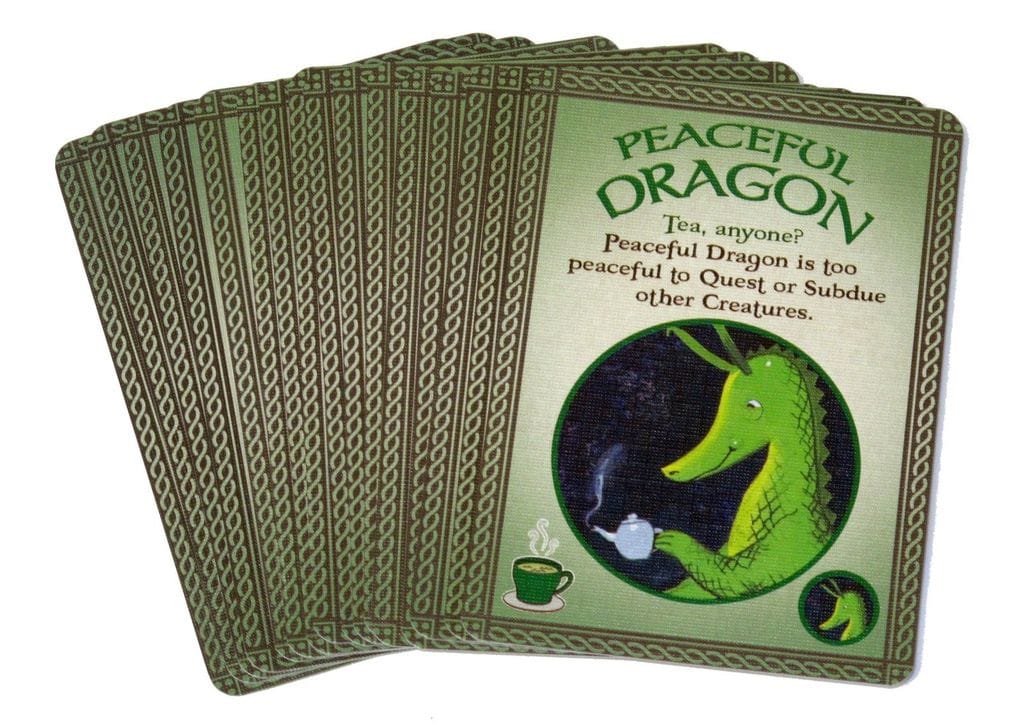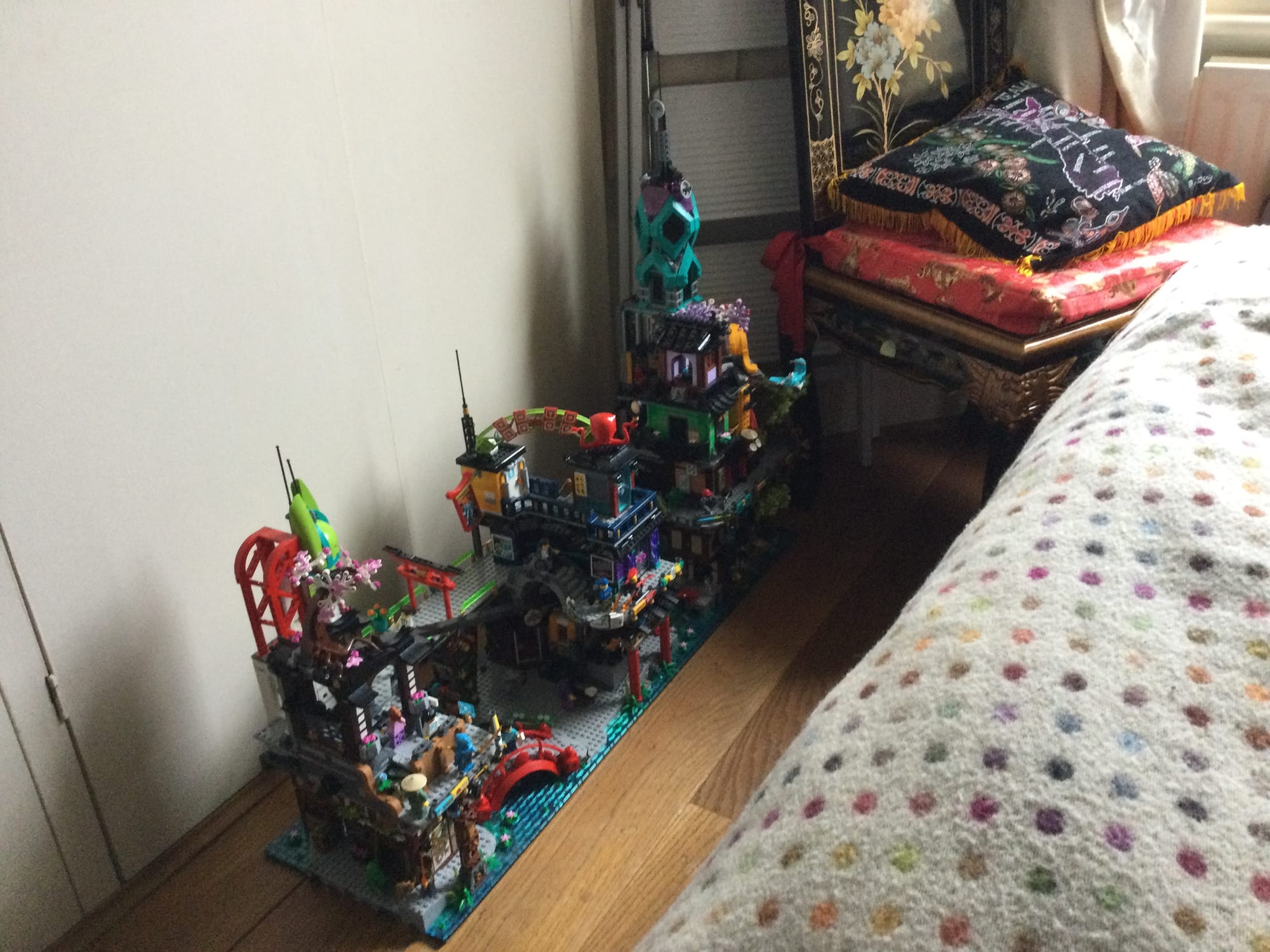Review: Claws and Contrivances (neurodivergent representation)

A few weeks ago, I was reading Regency romance for novel research purposes, and saw a mention of Claws and Contrivances by Stephanie Burgis - the romantic comedy sequel to Self-Published Fantasy Blog-off 2022 finalist Scales and Sensibility.

What interested me wasn't (just) the SUPER CUTE dragons in a Regency setting, but also the romantic male lead is (apparently) autistic. My seven-year-old son is also autistic*, and I don't think my husband and I are entirely neurotypical either. Unfortunately, fictional representations of autistic people are often appalling; infantile and stereotypical, with characters not presented as legitimate romantic interests.
I'd just finished The Engineer by Darran M Handshaw (review to follow), which features a wonderful neurodivergent couple. As such, I was keen to see if the indie fantasy scene offered other good representations of autistic romance. Having read Claws and Contrivances, I can only say THANK YOU STEPHANIE FOR WRITING THIS BOOK.
I offer you a peaceful dragon (or maybe a whole pack of them).

What happens in this book?
Claws and Contrivances has a great premise. Dragons, albeit small ones, have been recently rediscovered. Imported into Regency England, they're rare and expensive, and the hottest accessory for titled ladies.
Miss Rose Tregarth, who lost her parents several months before, is living with relatives in their tumbledown Welsh manor when she stumbles upon a red dragon hiding in the buttery.

Where did it come from? And can England's preeminent dragon scholar, visiting her Uncle Parry, help her solve the mystery? Well, of course he can. But, as this is a romantic comedy, dragons aren't the only thing of concern to this couple. Mr Cornelius Aubrey, the aforementioned scholar, turns out to be young, wealthy and handsome, and is soon embroiled, through a comedy of misunderstandings, in a fake betrothal to Rose.
I won't elaborate how this turns out - you know already, right?
Will I like it?
Claws and Contrivances is well plotted, nicely paced, and as crisply executed as any traditionally-published non-fantasy romance with a decent mystery. One example is the well-regarded Maiden Lane series by Elizabeth Hoyt, which has the great appeal (to me) of featuring Georgian-era Batman fighting crime in a harlequin costume, and a secret society of depraved nobleman who perform ritual human sacrifice (I may review this series for fantasy romance readers at some point).

As my reading ballpark tends to involve words like 'dark', 'twisted', 'brutal', 'complex' and 'morally grey', I can't say much more about whether you'll like Claws and Contrivances. It's as cute as my three year old, very fluffy, and as cosy as drinking hot chocolate in an Oodie on a winter's afternoon.

Included in the tale is also a sweet, sapphic secondary romance, which now has its own short story, Flirting & Forgiveness.
If all that sounds good to you, go for it!!
And here comes the neurodivergence
Cornelius is an archetypical absent-minded genius scholar. He's first spotted by Rose in a carriage full of books, sketches and loose papers, and spends most of his time reading/writing about dragons. So intent is he on studying dragons, that he often forgets to eat, gets confused and lost in Wales, and argues aloud in public with academic texts.
Put in medical speak, he has autistic monotropism - a passionate, single-minded focus (on dragons, in this case) that is mentally hard to shift away from. As the book goes on, he develops a sexual interest in Rose that splits his attention. The monotropism is somewhat overplayed but, to be honest, not entirely unrealistic.
The relationship between Cornelius and Rose is a classic pairing between an autistic guy and a hyper-empathising non-autistic (NT) woman who ends up as a partial carer (Women and Girls with Autistic Spectrum Disorder identifies teachers, nurses and counsellors as classic occupations for this type of lady). Rose is deeply sensitive to injured dragons, and comes to rely on Cornelius for his maturity and quiet intelligence. He is a smart, honest, loyal and caring man needing someone to help him adult at times.

It's very well done. Although the online autistic community don't like the focus on fictional male geniuses, academically-talented autistic children (and adults) do exist, and have the paradox of immense strengths and disabling weaknesses. My older son has built 6,000-piece Lego models with no adult help, but still struggles to dress himself unaided. He was reading books before he was toilet trained.

All autistic people are different, so I can't comment on the realism beyond the monotropism. Mostly, Cornelius just seems rather shy and 'endearingly adorkable'. Not all autistics are like that, of course; they/we** have varying personalities, just like NT people. My son, for example, is incredibly bossy and enjoys being in charge - as he's rather mature for his age, he often gets to be!!
I should add here, as an aside, that Rose gets into Cornelius' carriage alone early in the novel and remarks:
"Of course, this gentleman was perfectly harmless - that much had been obvious from her first sight of him".
It's a common pattern in fiction that autistic men are often scripted as adorkable, shy and somewhat harmless - except when they're machiavellian, depraved, creepy and evil***. It's why this neurodivergent writer spent her teenage years crafting a villain romance (with ALL *** of the stereotypes). Cornelius is a nuanced character and not in fact perfectly harmless, but he's definitely a very well-written version of a common archetype.

A reformed rake story, of course, wouldn't fit into Regency Dragons, which - much like Cornelius Aubrey - is far too cute, but there's definitely space in the world somewhere for an autistic bad boy romance.
In summary, a good solid piece of neurodivergent representation in romantic fiction. Recommended!
NOTES:
*My autistic son (aged 7) is at mainstream primary school, but has a highly-funded Education, Health and Care (EHC) Plan, which means he's among the 4.3% of school kids with the highest support needs in the UK.
** I don’t have an autism diagnosis. We have no way of knowing if I would have been diagnosed as a child today.
*** I recently saw a Reddit discussion about the limited romance options in the Warhammer Rogue Trader video game, which pointed out:
First of all, Marazhai [dark elf character] is a lazy stereotype of queer men, where the characters are depraved, feminine and "evil".
There was a pattern in the 80s/90s, certainly, where fantasy authors (and film directors) would frequently indicate their villains were SUPER EVIL by making them camp, disabled and - frequently - neurodivergent. As the only other representation I saw as a teen was dorky/asexual, I would totally stan these characters.
Someone, somewhere, will relate to almost everyone you commit to paper, whether you intended that, or not!!
